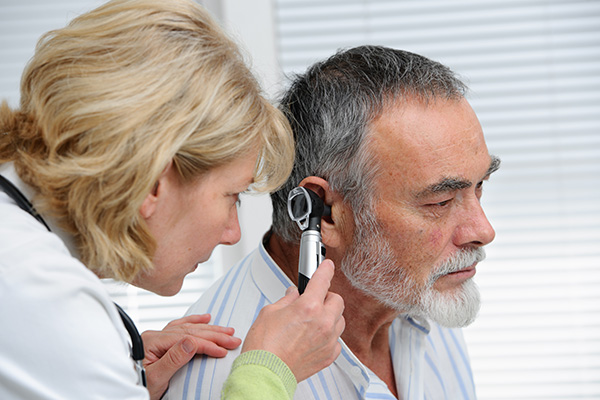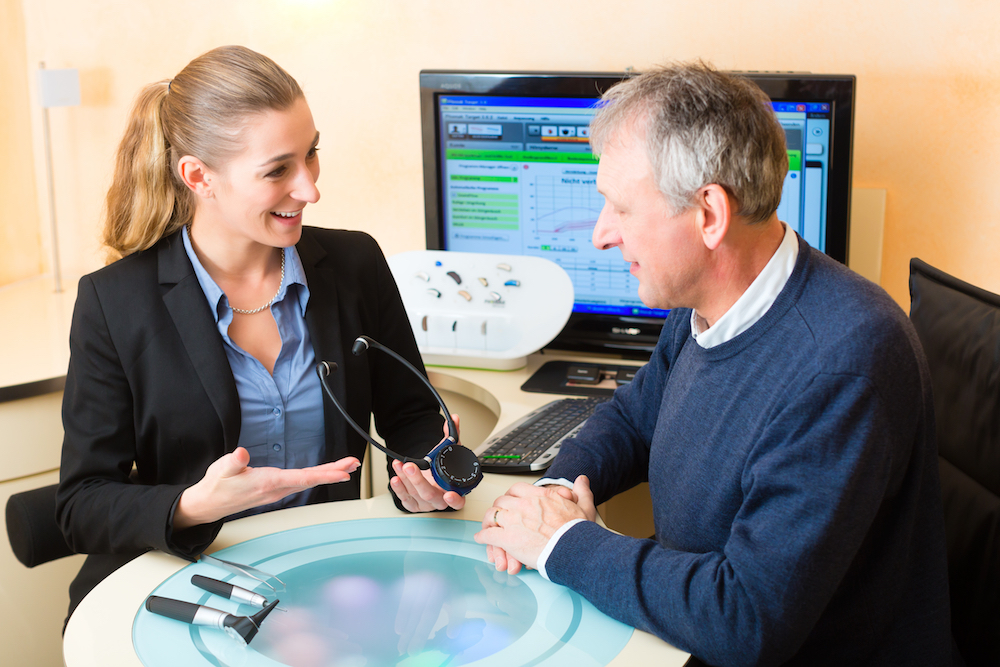How Accurate is an Audiogram?
If you’re experiencing hearing loss of any kind, it’s


If you’re experiencing hearing loss of any kind, it’s

If you’re experiencing problems with your hearing and you’re

Hearing loss doesn’t just affect a person’s ability to hear: